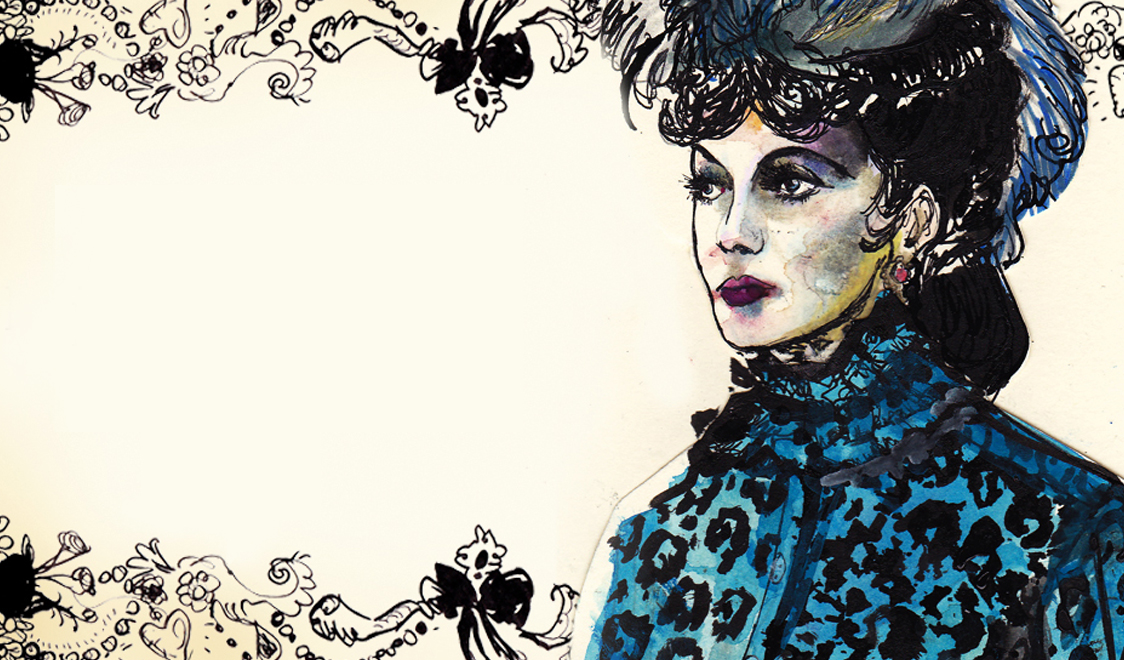
Anna Karenina has been on my must read list for many years. I have been keeping lists – and book lists in particular – since my first summer journal at eight years old. The epic Russian novel appears at the top of many top ten novels lists and has been referred to as “flawless” and “the greatest novel ever written” by two of the most celebrated novelists of our time.
I have owned a copy of Anna Karenina for about ten years. If I have made any attempt at all to read it, I have never gotten much past the first sentence, which is one of the most iconic quotes from the book “All happy families resemble one another, each unhappy family is unhappy in its own way”. Last Sunday, realizing for the first time that there has been yet another movie remake – this one starring Kiera Knightly and Jude Law – I decided I’d better read the book before “accidentally” catching it on television.
Tolstoy’s world is mid-to-late nineteenth century Imperial Russia. The primary characters live lavish and eminently superficial lifestyles. Their daily existence is a whirlwind of sparkling balls featuring hair-pieced chignons piled high, and decadently luxurious boudoirs where the aristocratic Russian society of Moscow and St. Petersburg affectedly pepper their speech with French. In stark contrast to the elaborate, but constricted life of the city is pastoral Russia. The agrarian countryside has expansive landscapes, rich soil and an unending sky.
Tolstoy’s romantic masterpiece is as vivid as it is relatable. The book captures the imagination with its straightforward and exact language. Tolstoy stops time as he bores into his characters’ every thought, motive, and facial twitch, even as dialogue is being exchanged. It is a romance – admittedly not my favorite genre – but juicy from the get-go with marital infidelity, unrequited love and a tragic love affair.
The novel is sweeping, with at least two dozen named characters whose lives spiral around the two central protagonists – Anna Karenina and Tolstoy’s alter ego, Konstantin Levin. Tolstoy peers not only into the lives of a few rich 19th century Russians, but into the whole of humanity. The novel has stood the test of time because it reminds us that even the most desirable of circumstances may be unbearable, that bumps in the road may still lead to happy endings, that glamor and frivolity are but fleeting joys, and that family and real love are worth crying for, fighting for, striving for, waiting for.
Anna Karenina is a celebration of human frailty and redemption. Tolstoy says its okay to be flawed, its okay to make mistakes, just keep trying. We see that there are infinite possibilities in life, but we indeed choose our own path. Without seeking to reduce a 150-year old, 900-page classic tome to a few epithets, Anna Karenina is a celebration of life – its beauty and its tragedy – and all the meaning there is to be found, if only we will choose to see it.

